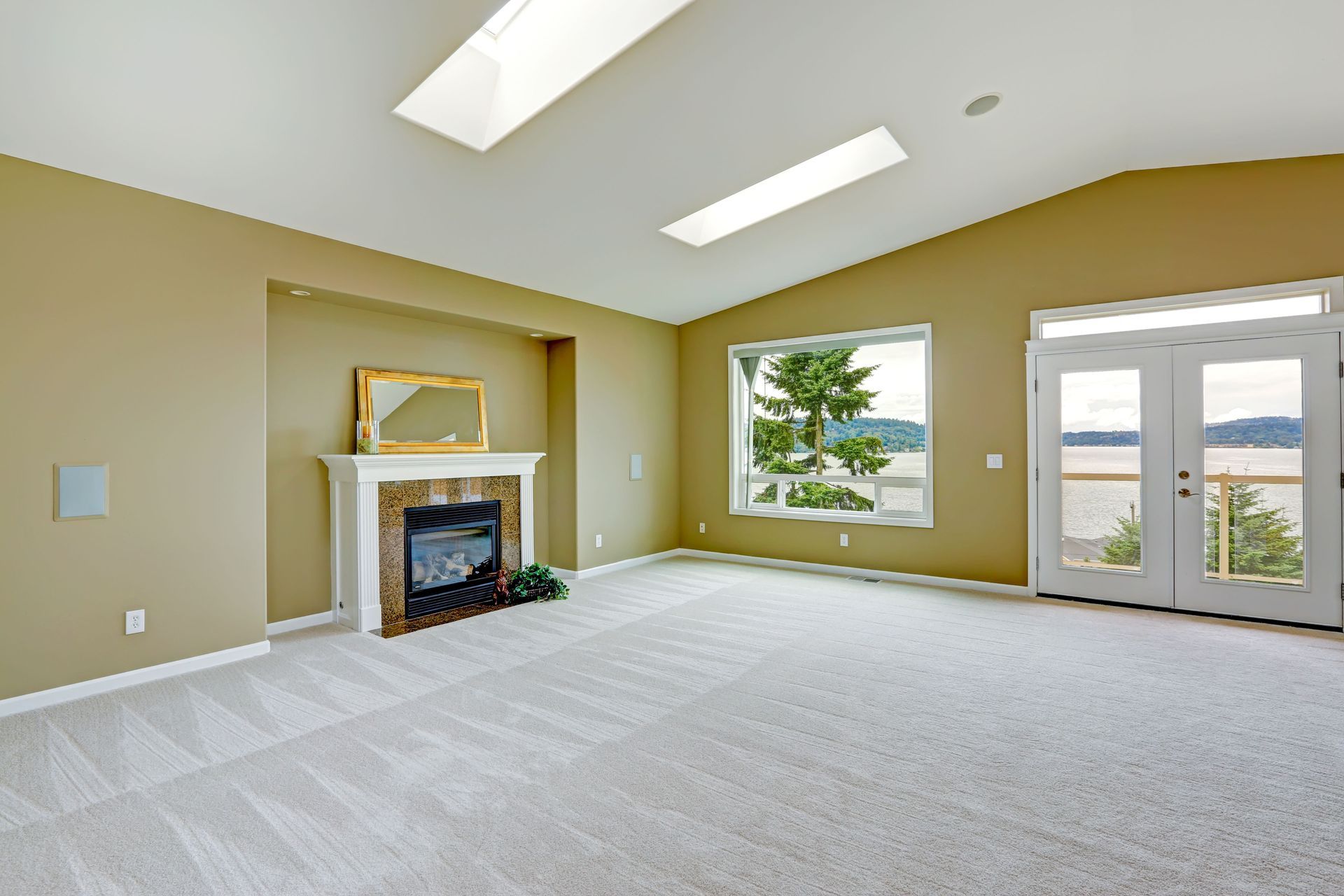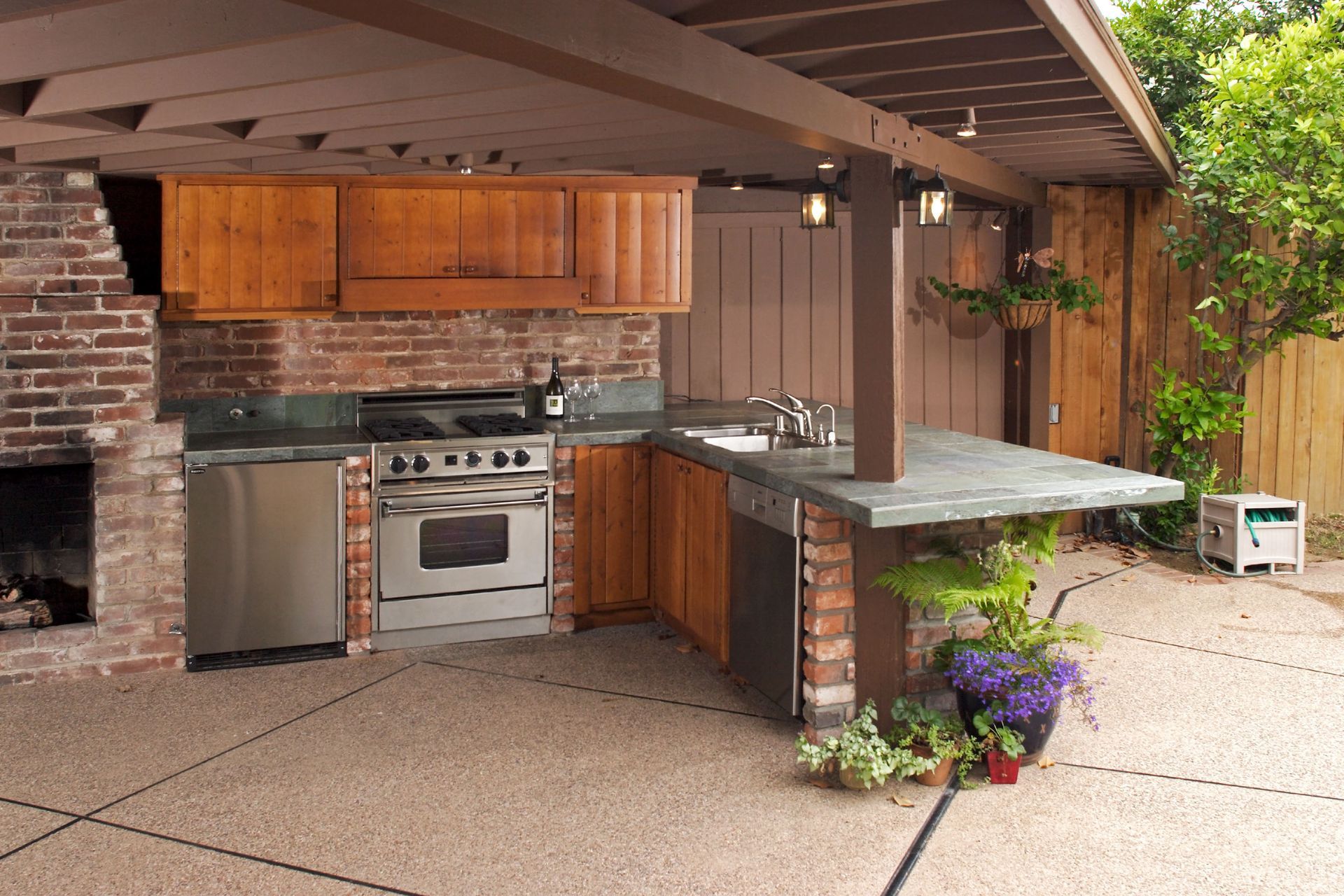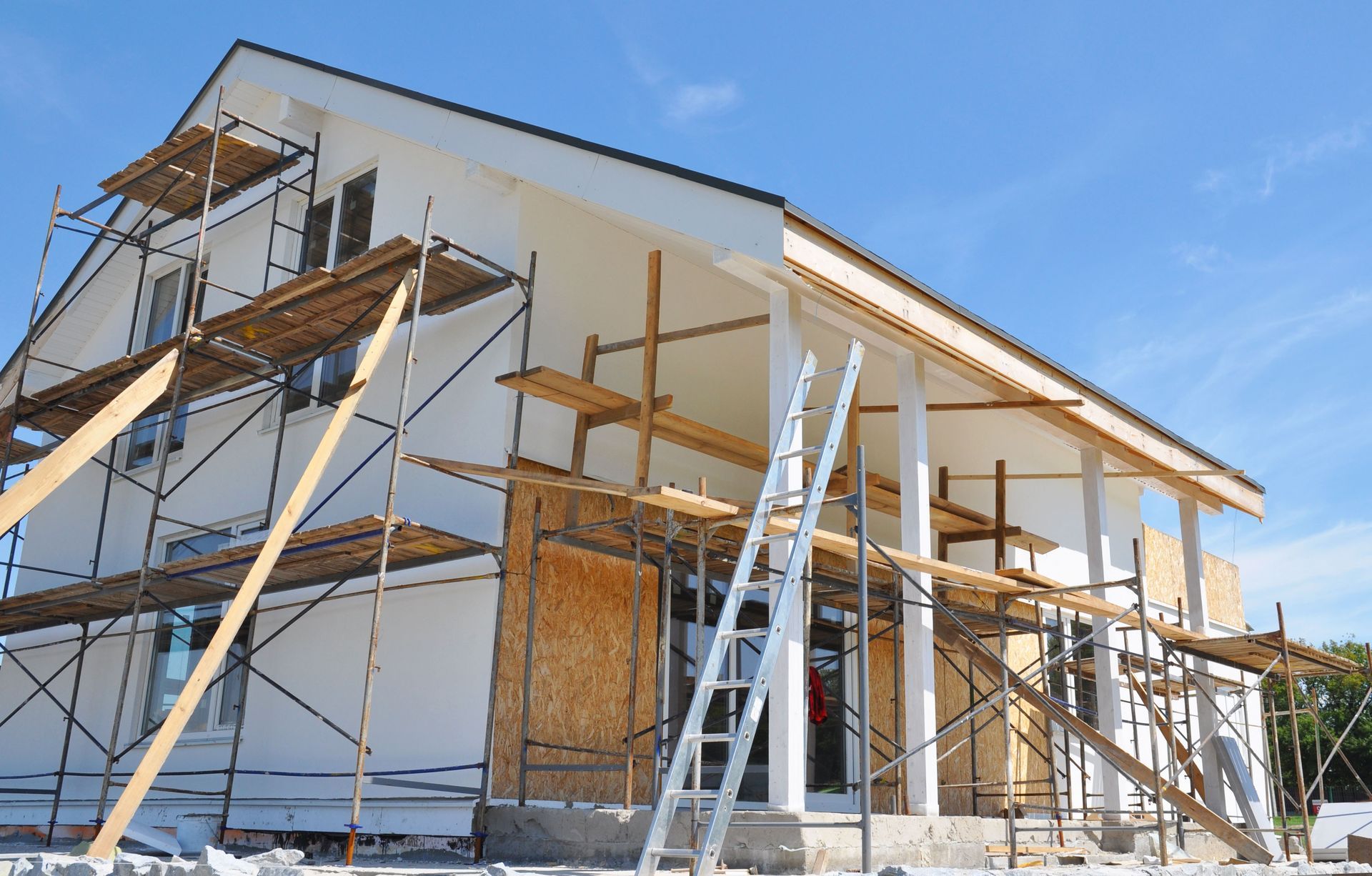November 7, 2025
Home renovation projects are more than just aesthetic upgrades—they’re investments in your home’s comfort, functionality, and long-term value. Whether your goal is to improve daily living or increase property value, thoughtful planning makes all the difference. According to This Old House, about 48% of homeowners plan to make renovations in 2025, with younger Americans much more likely than baby boomers to prioritize home improvements. Asking the right questions before starting a home renovation can help ensure a smoother process and better results. Remember, thoughtful planning today can save stress and cost tomorrow.
1. What Are My Goals for the Home Renovation?
Before diving into a project, consider what you hope to achieve. Are you aiming to increase comfort, improve functionality, or boost the home’s market value? Clarifying your goals helps prioritize projects, manage your budget, and make choices that provide the most impact.
Sometimes, homeowners focus on trends or cosmetic upgrades, but a successful renovation balances personal enjoyment with long-term benefits. Think about what daily life improvements matter most—whether it’s creating more open space, increasing natural light, or making your home easier to maintain. A goal-focused approach ensures your home renovation enhances both everyday living and future resale potential.
Writing down your “must-haves” versus “nice-to-haves” is a practical way to stay on track. It makes it easier to make decisions when new ideas or features are tempting but may not align with your overall vision. Additionally, considering lifestyle changes, like working from home or accommodating family growth, can guide your goals and help avoid costly adjustments later. Thinking about how your home will evolve with you can make your renovation more thoughtful and future-ready.
2. How Much Should I Budget for Renovation?
Budgeting is one of the most important steps in any home renovation. Establishing a realistic budget allows you to plan wisely, prioritize improvements, and avoid surprises. Include costs for materials, labor, permits, and potential unexpected issues. Renovations often reveal hidden problems, like outdated wiring or structural concerns, which can increase costs if unplanned. Clear budgeting also helps you decide where it makes sense to splurge and where you can save. Proper planning turns a home renovation from a stressful financial experience into a manageable and rewarding investment.
It’s also useful to research average costs for similar projects in your area. This gives you a benchmark and helps you evaluate estimates from contractors more accurately. Understanding the financial scope upfront reduces surprises and builds confidence throughout the renovation process. Budgeting isn’t just about limiting costs—it’s about making informed decisions that maximize value, enjoyment, and peace of mind.
3. Which Areas Will Benefit Most from Renovation?
While every part of a home can be updated, some areas often provide greater overall benefits. Instead of concentrating on one section, think about improvements that enhance the home’s comfort, livability, and long-term value. Upgrades that improve layout, lighting, storage, or accessibility often make a noticeable difference throughout the property.
Even subtle improvements like reorganizing spaces, upgrading finishes, or optimizing flow between areas can dramatically improve daily living. Strategic home renovation ensures that your efforts provide maximum impact without feeling overwhelming. Additionally, small improvements—like decluttering or optimizing storage—can be surprisingly transformative and don’t always require a large budget, proving that home renovation doesn’t have to be complicated to be effective. Planning small, thoughtful changes alongside larger projects ensures the home continues to feel fresh, functional, and welcoming.
4. What Style or Design Should I Choose?
Style is more than just aesthetics—it impacts how welcoming, functional, and cohesive your home feels. Consider a design that complements the home’s architecture, aligns with your taste, and will remain appealing over time. Mixing timeless elements with modern touches often yields the best results.
Even minor design choices, like coordinating colors or finishes, create harmony and elevate the home’s overall appearance. A well-thought-out style helps your renovation feel intentional, making the space more inviting and comfortable for both family and guests. Additionally, choosing neutral or flexible elements allows your home to adapt easily to future trends or changes in lifestyle, making your renovation a long-term asset. Small decisions, like updating lighting or fixtures, can often have a bigger impact than you realize.
5. How Will Renovations Affect My Daily Life?
Renovations can disrupt routines, sometimes more than anticipated. Understanding the scope, timeline, and potential inconveniences allows for better planning. Consider temporary adjustments for living, working, or storing belongings during construction.
Proactively communicating with contractors about scheduling, noise, and access can minimize stress. Preparing for short-term disruptions ensures that the focus remains on the long-term benefits of the home renovation, rather than temporary challenges. Planning phased renovations—where parts of the home are updated gradually—can allow your family to continue living comfortably while work is completed. Even organizing daily schedules and storage ahead of time can make a big difference in keeping your household running smoothly during the renovation. Simple strategies like creating temporary zones for work, relaxation, or cooking can help maintain normalcy during the process.
6. What Long-Term Benefits Will Renovation Provide?
Think beyond immediate aesthetics when planning updates. Consider how changes will influence comfort, energy efficiency, maintenance, and adaptability over time. Improvements that enhance usability and sustainability provide value that lasts well into the future.
Simple adjustments, like better insulation, efficient systems, or flexible spaces, may not be flashy but can significantly improve daily life. Home renovation that anticipates future needs creates a home that grows with your family and lifestyle. Even small improvements, like durable finishes or improved lighting, can reduce long-term maintenance and create a sense of satisfaction for years to come. Viewing renovations as investments rather than just upgrades can help prioritize improvements that truly make a difference.
7. Who Can Help Me Achieve My Renovation Goals?
Partnering with the right professionals is key to a successful home renovation. Experienced contractors, designers, and builders provide expertise, guidance, and quality assurance. They help with planning, decision-making, and problem-solving, ensuring projects are completed efficiently and effectively.
Working with trusted professionals reduces stress, avoids costly mistakes, and often uncovers opportunities for improvements you may not have considered. Collaborating with experts demonstrates that home renovation is not just about upgrades—it’s about creating a home that functions beautifully for years to come. Involving professionals early in the planning phase also helps streamline timelines, avoid permitting issues, and ensure the final result aligns with your vision. Additionally, professionals can provide tips on selecting long-lasting materials and finishes that minimize maintenance over time, giving you confidence that your investment will last.
Home renovation is a transformative process that extends far beyond surface-level improvements. When approached thoughtfully, it enhances comfort, usability, and the overall value of a home. By focusing on goals, budgeting, strategic improvements, design, daily life considerations, long-term benefits, and professional guidance, homeowners can make renovations that truly matter.
With nearly half of homeowners planning renovations in 2025, taking a deliberate and strategic approach ensures projects are worthwhile and stress-free. Investing wisely in home renovation can improve not just your property’s appeal, but also your quality of life and peace of mind. With careful planning, even small improvements can have a lasting impact. For homeowners seeking expert guidance on effective and impactful renovations, trust Tennessee Home Builders to help you transform your home into a space that’s both beautiful and functional for the long term.






